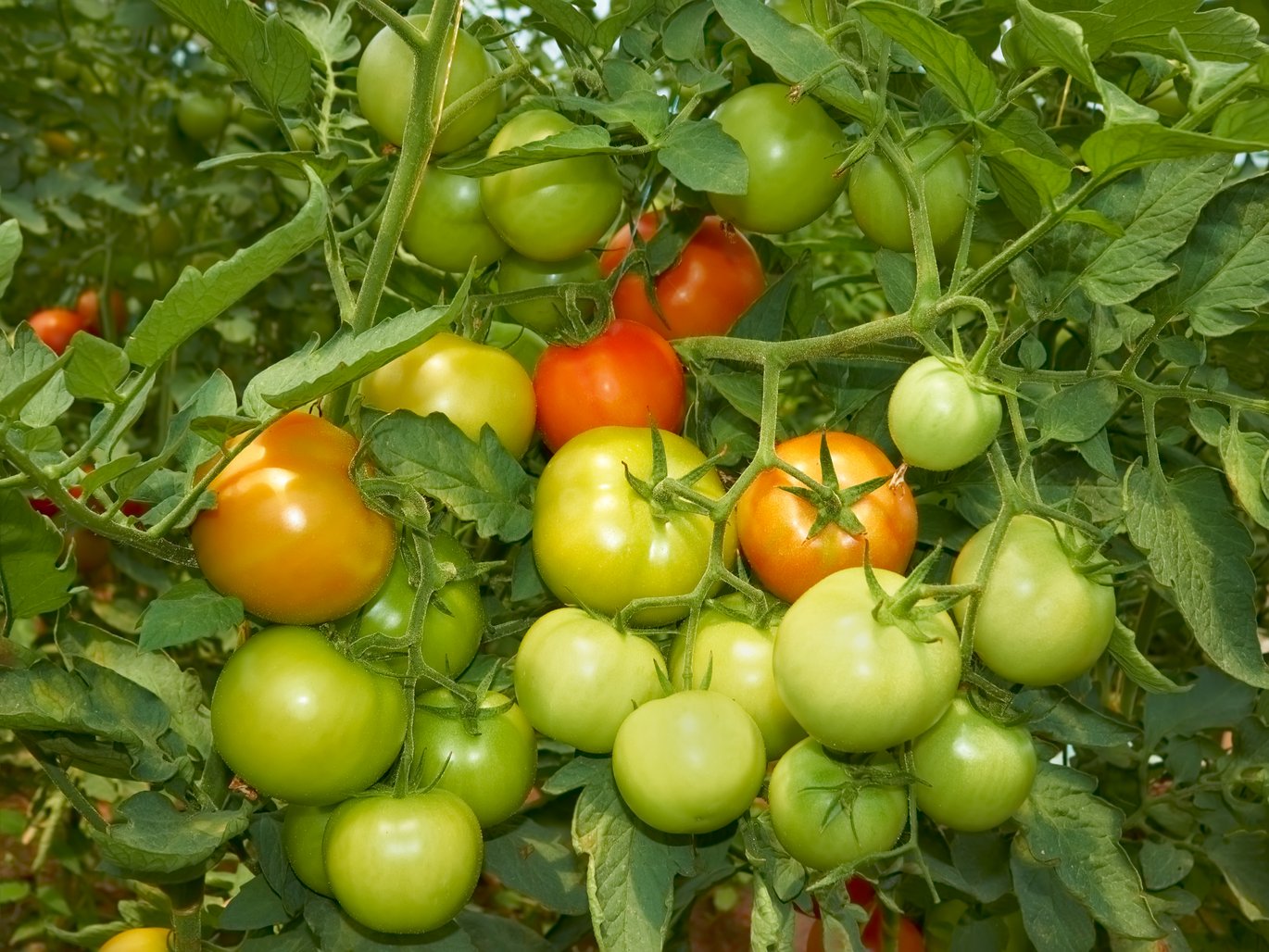Organic vegetables can become more sustainable and resilient
Researchers will investigate if production of organic vegetables in greenhouses can be more energy-friendly using innovative cropping systems based on agroecological strategies.

How can tomatoes, lettuce and other organic crops be produced in greenhouses in Denmark and other Nordic countries without consuming a lot of energy for heating? And how can a corresponding organic vegetable production be possible in southern Europe without crops being eaten or attacked by heat-loving insects and diseases? Researchers from Aarhus University among others will investigate these issues in the new project Greenresilient, which has partners from eight different countries in North, Central and South Europe.
The main goal of the three-year project is to design and demonstrate resilient agroecosystems in greenhouses and tunnels, which allow for a high and stable production with a low environmental impact.
The innovative cropping systems will be tested at five different locations in Europe. The partners will investigate diseases and pests as well as soil fertility and nitrogen content in crops across the five locations. In order to have comparable trials, all the crops will be grown directly in the ground.
Greenhouse production poses challenges
In the northern countries, production of traditional greenhouse vegetables is challenged by the fact that the greenhouses need to be heated when the outside temperature and sunlight are not sufficient. This costs the grower on the bottom line and affects the climate with CO2 emissions. Further south, various pests and diseases that can be difficult to control in an organic production challenge the crops.
- In Central and North Europe the most important challenge is to produce crops in low-energy systems during periods with low temperatures and poor light conditions, while the main challenge in the Mediterranean area is to reduce the use of plant protection products such as copper, says Science team leader Karen Koefoed Petersen from the Department of Food Science at Aarhus University.
She is leading the project work package in which France, Italy, Switzerland, Belgium and Denmark will develop innovative cropping systems that will be compared to organic ’business as usual’. The crop that will be common to all the trials in this part of the project will be tomatoes, but the innovative systems will open the door to combing tomato production with other crops.
- One possibility is to shorten the tomato season so that the tomatoes are only grown during the summer, possibly together with legumes such as peas or beans. Then the cooler and darker spring months can be used to grow lettuce, which is hardier than tomato, and during the winter months we could grow cold-tolerant leafy vegetables, says Karen Koefoed Petersen. There is not yet a decision as to which winter leafy crops will be selected because the choices will be made in cooperation with Wolfgang Palme from Austria and growers and in consideration of local conditions.
Sustainability and mindsets
The project will evaluate both the environmental and economic sustainability of the various cropping systems via life cycle assessments for the two most extreme strategies from each of the five trial locations in the project.
One of the challenges when introducing new, innovative cropping systems, where e.g. tomatoes are only grown locally for half of the year, will be to influence attitudes of growers and consumers.
Facts about Greenresilient
Budget for the Danish part incl. co-funding: 2.0 million kroner (total budget 12.8 million kroner)
Funding: The national CORE Organic Cofund funding bodies that are partners in the Horizon 2020 ERA-Net project. In Denmark this is Innovation Fund Denmark.
Duration: Three years (April 2018-March 2021)
Partners: Twelve research institutions from eight European countries, including the Department of Food Science, Aarhus University
Project coordinator: Fabio Tittarelli, Consiglio per la ricerca in agricoltura e l’analisi dell’economia agrarian (CREA), Italy
Read more on the Greenresilient website.
For more information please contact: Science team leader Karen Koefoed Petersen, Department of Food Science, email: karenk.petersen@food.au.dk, telephone: +45 8715 8336
